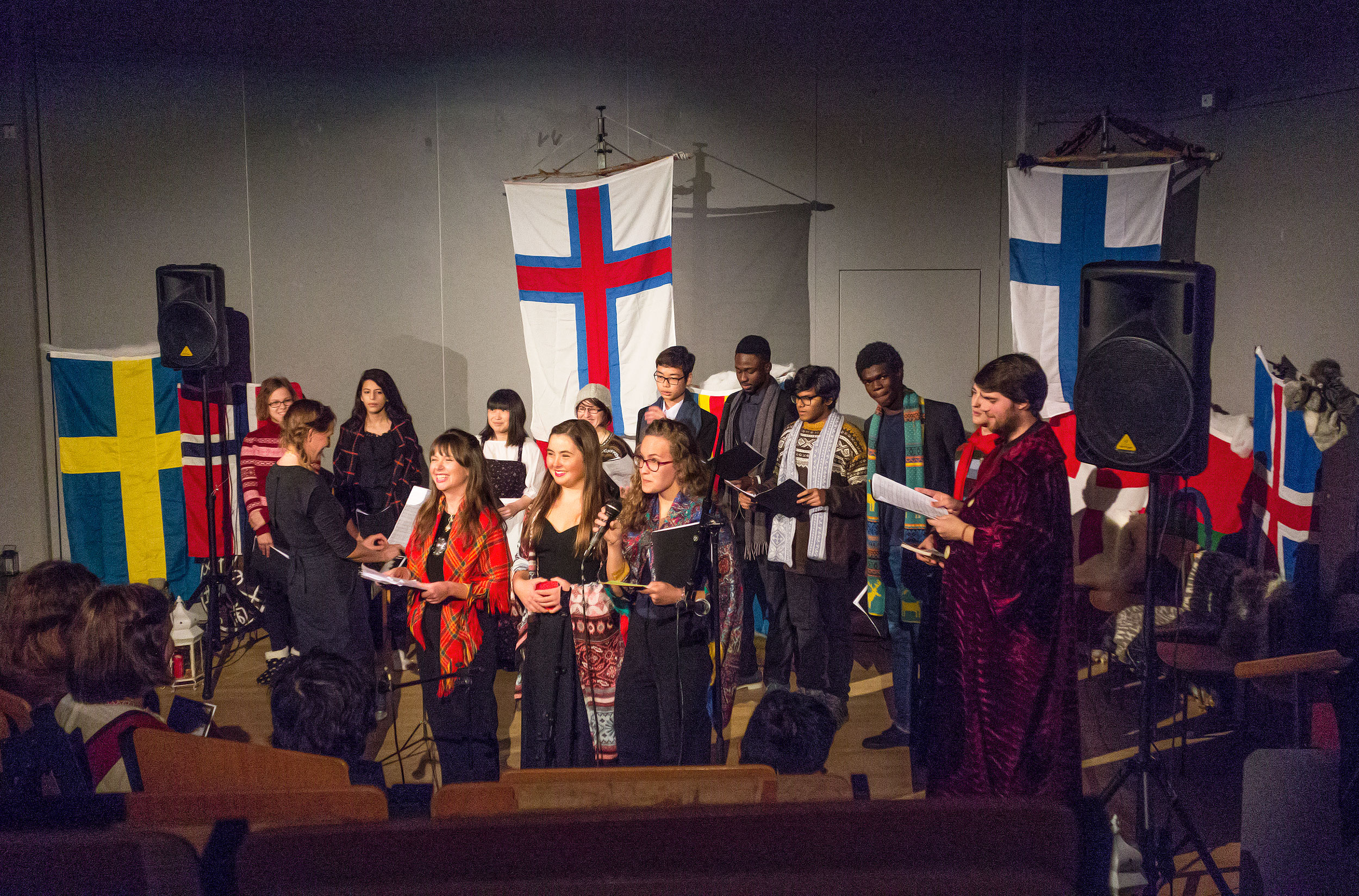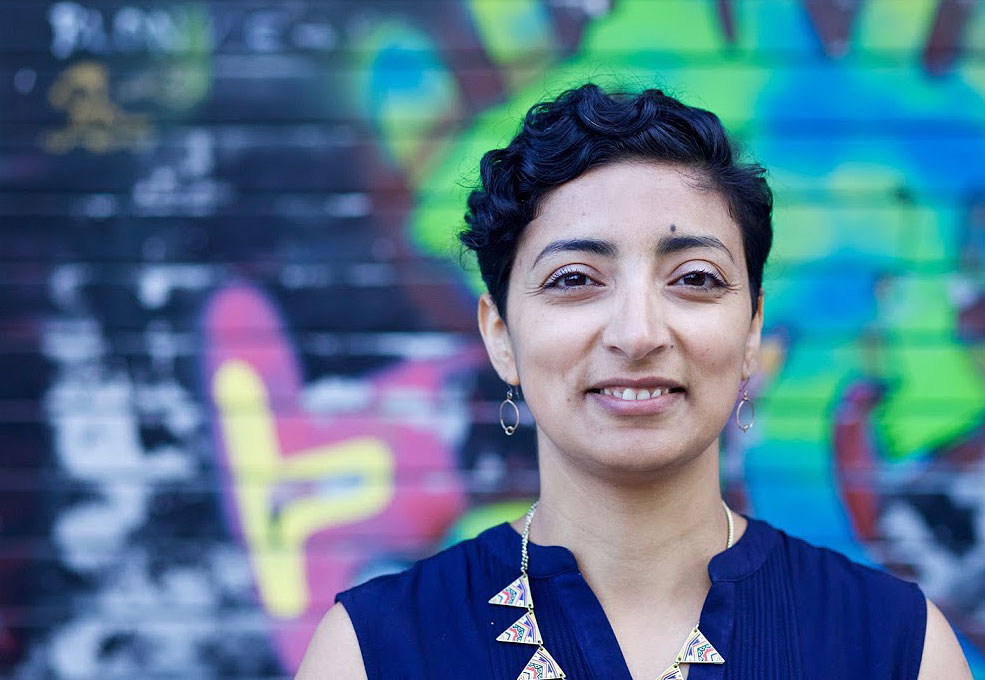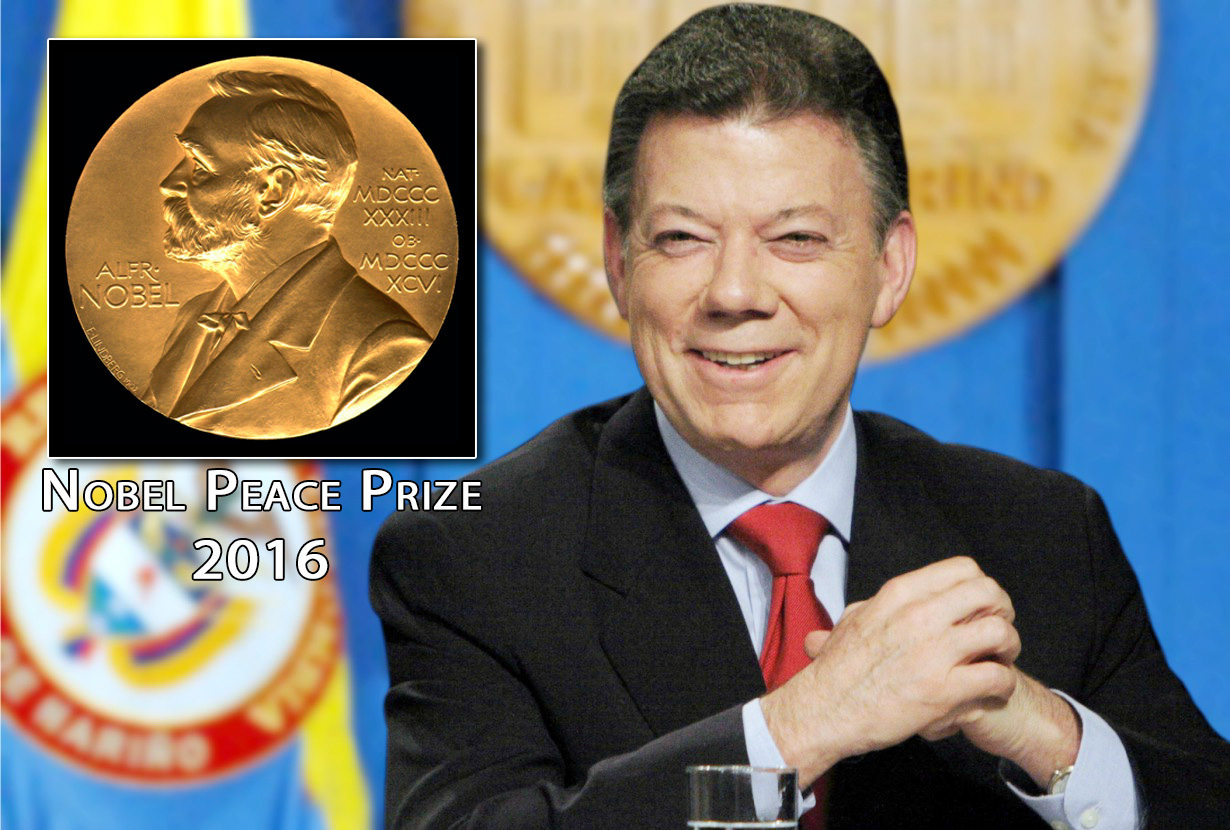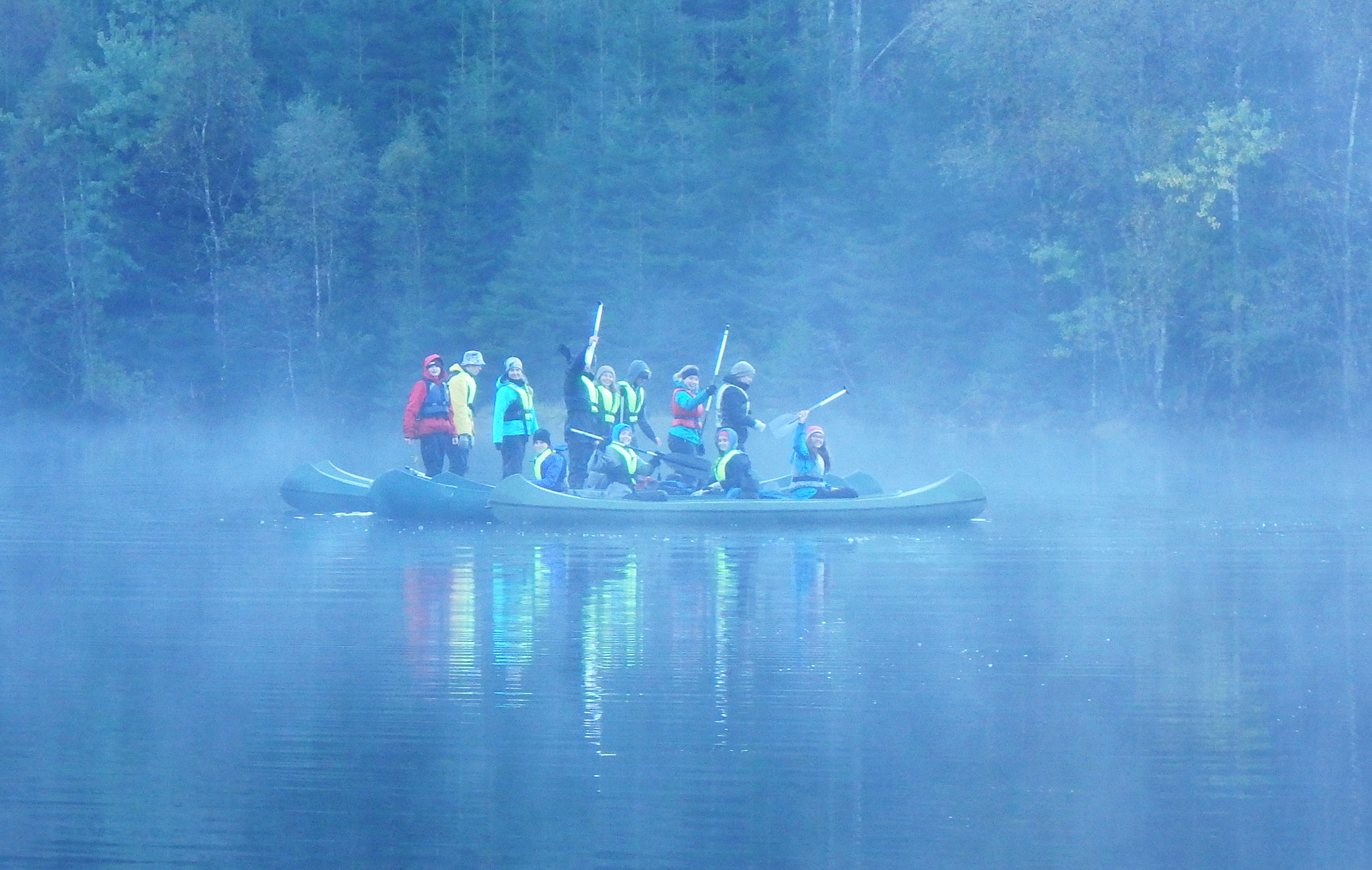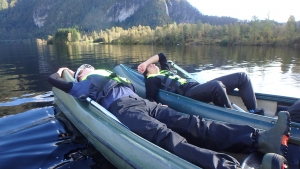Nordic Folk Music Concert
RCN’s Project Based Learning Week concluded with a Nordic Folk Music Concert in the auditorium on the evening of Saturday 15th October – an outstanding achievement to produce such a daring and inspiring programme in so many different Nordic languages.
Students from 11 different countries came together to learn about Nordic Folk Music. Over the course of five days, they learned 14 songs and joiks in 5 Nordic languages (Icelandic, Northern Sámi, Norwegian, Swedish and Finnish) as well as instrumental pieces. The students worked with two teachers on campus (Dan Silfwerin from Sweden and Lisa Jokivirta from Finland), as well as Laura Ashby (Oxford, UK) who came as a vocal coach and guest conductor. Several students were given individual singing lessons over the course of the week.
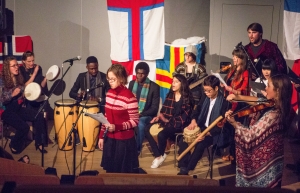 They started the week with a research session, with students each taking a country, and researching folk traditions, instruments and searching for music for the group to learn during the project. The concert at the end of the week featured an extremely diverse programme, starting with Swedish Kulning (traditional animal herding calls) and ballads; an Icelandic chant; a recitation from the Finnish national epic Kalevala; a reindeer herding joik and a joik canon; the Finlandia hymn; some Danish instrumental and dance melodies.
They started the week with a research session, with students each taking a country, and researching folk traditions, instruments and searching for music for the group to learn during the project. The concert at the end of the week featured an extremely diverse programme, starting with Swedish Kulning (traditional animal herding calls) and ballads; an Icelandic chant; a recitation from the Finnish national epic Kalevala; a reindeer herding joik and a joik canon; the Finlandia hymn; some Danish instrumental and dance melodies.
The stage was decked in flags of all the Nordic countries and the performance added a new dimension to the college’s Nordic Pillar. It was an inspiring performance which introduced the audience to the variety and beauty of Nordic folk music.
The students were a very diverse group, with a huge range of musical experience and ability. Despite this, they achieved an extremely high standard of music making throughout the week, due to their enthusiasm and willingness to give it a go, including learning all of the pieces in the original Nordic language.
The concert attracted an audience of over 100 people (including external visitors from the local community and visiting US university admissions counsellors. They were extremely enthusiastic in their applause! All 11 students are being encouraged to continue their musical learning by joining the new school choir, and we hope to continue exploring Nordic folk music.

